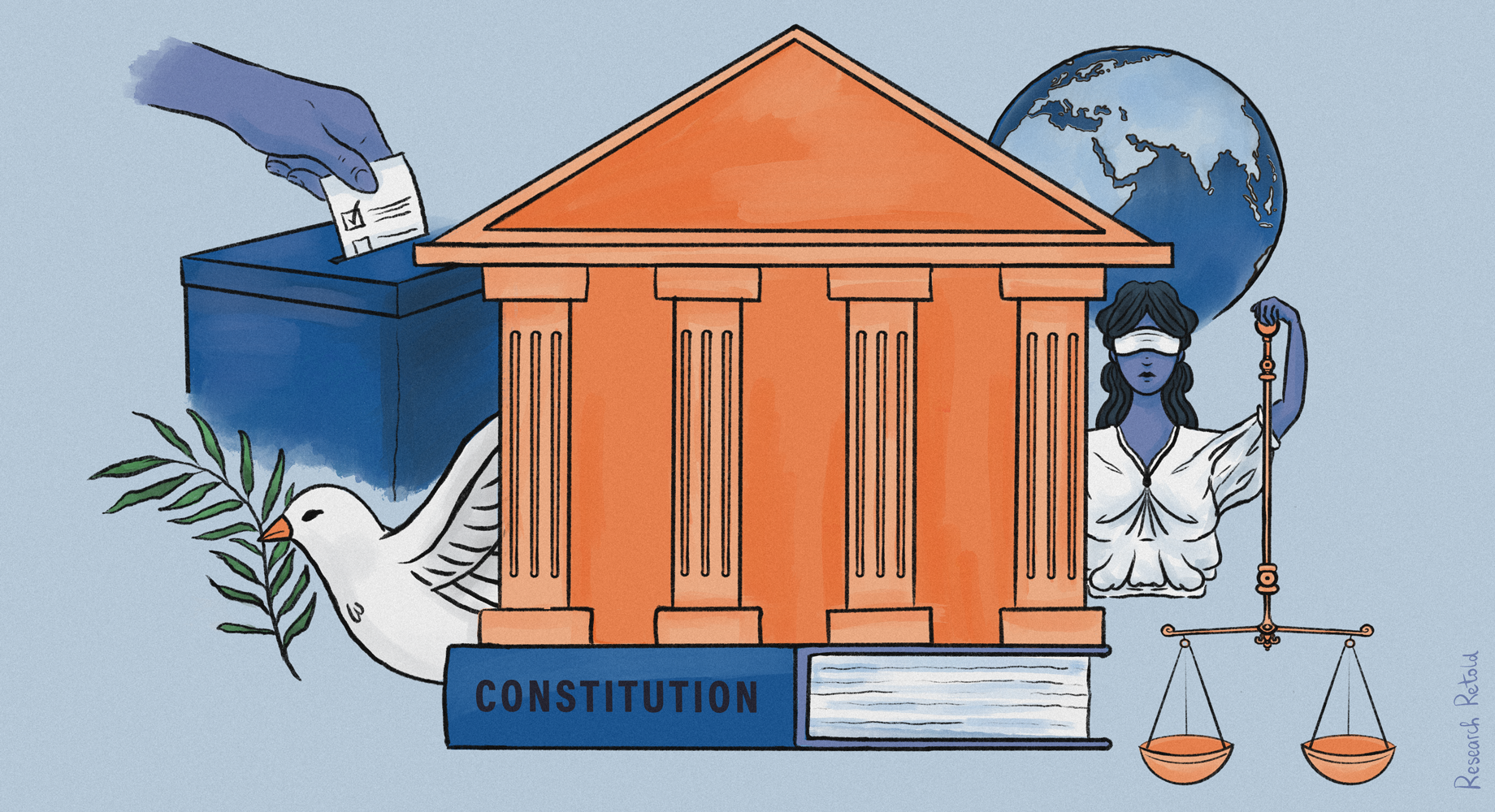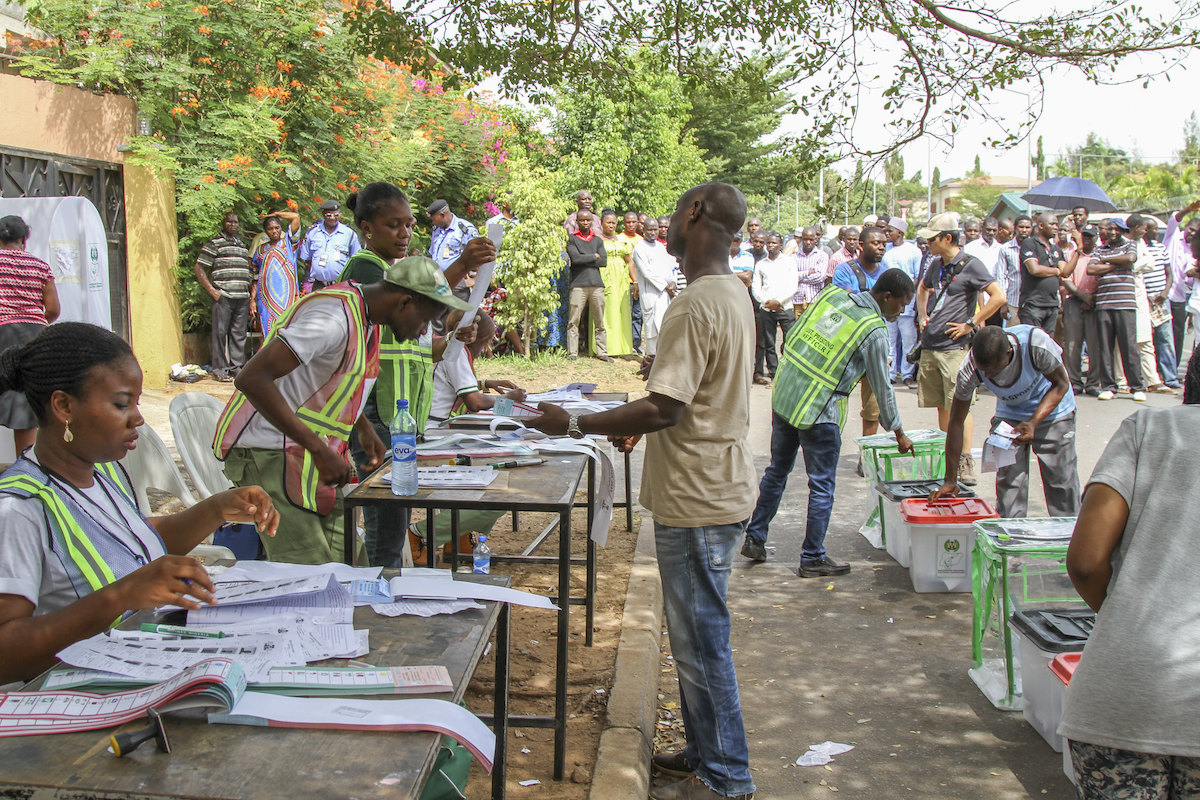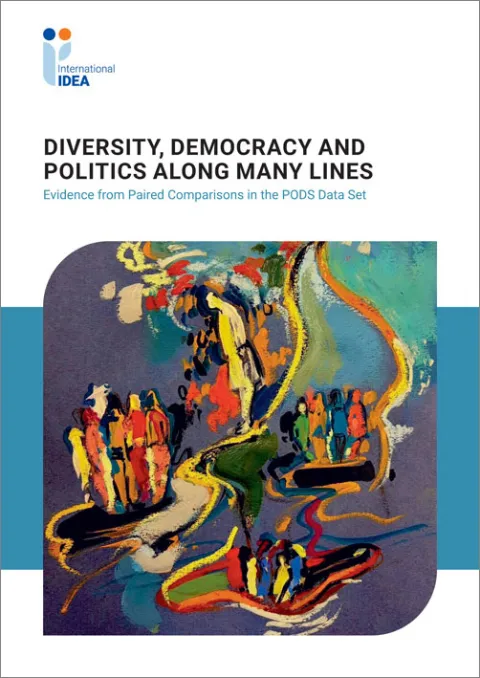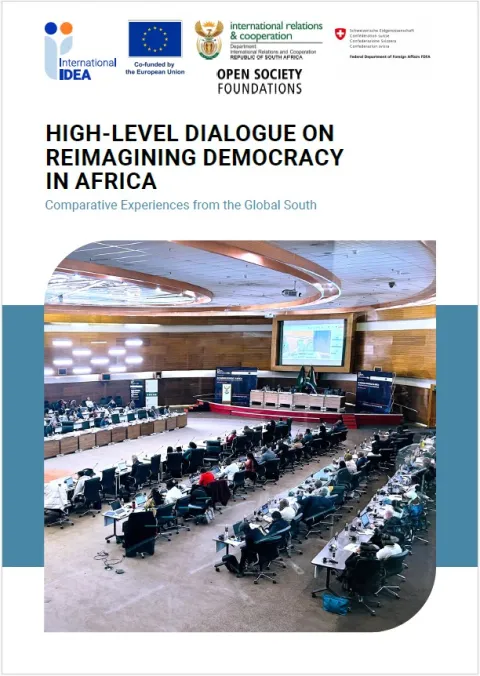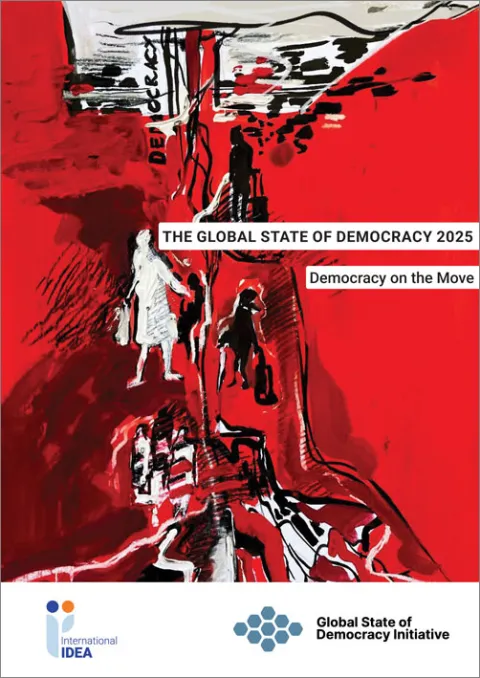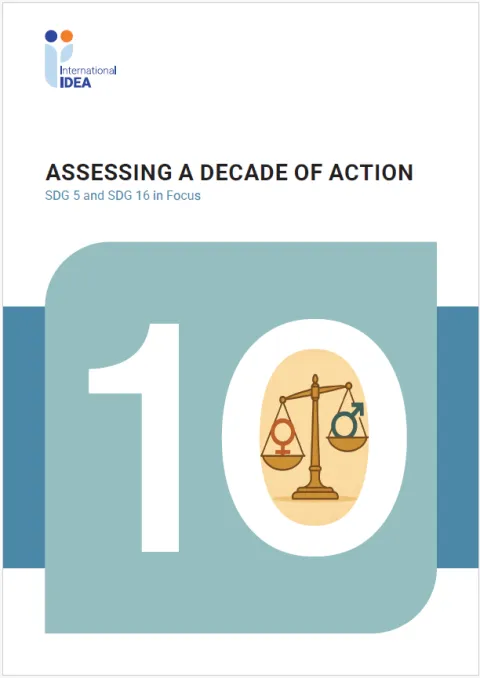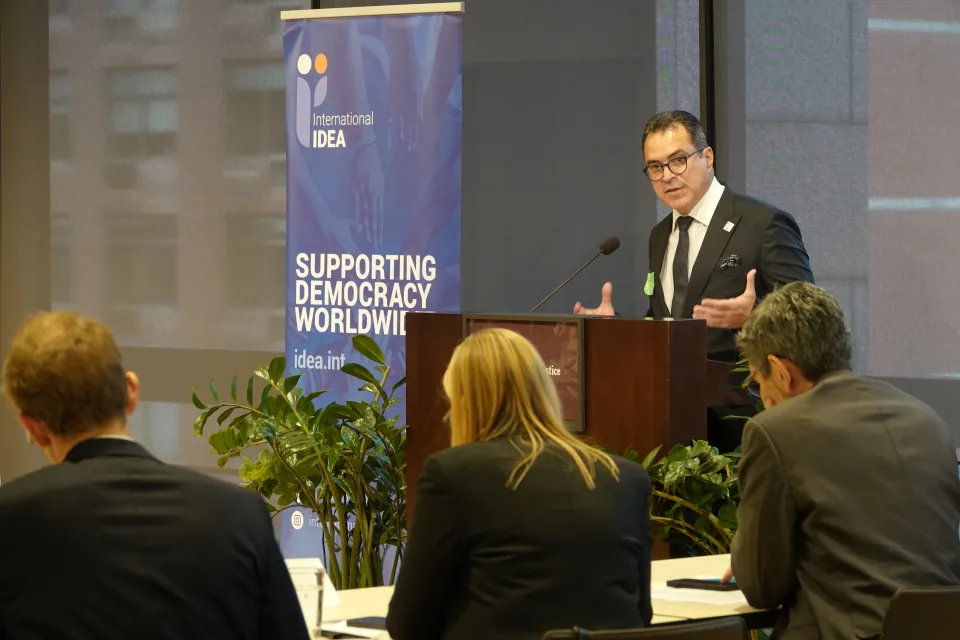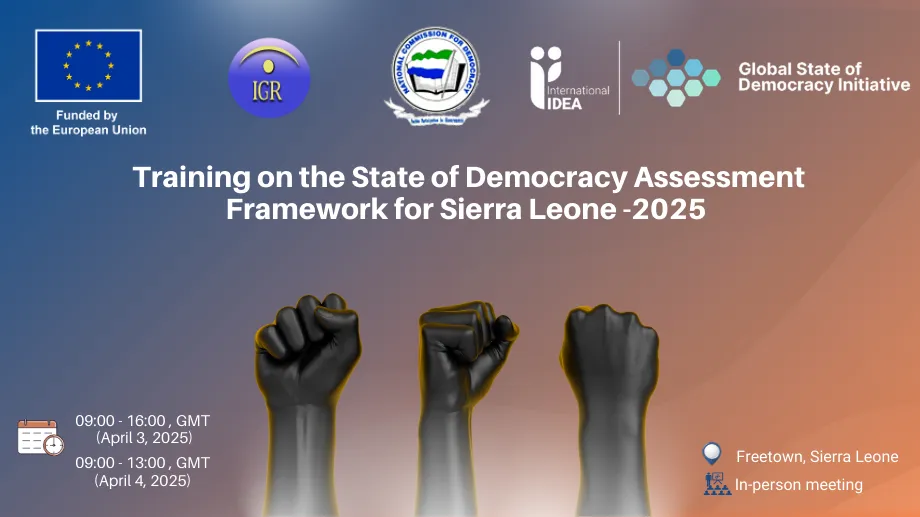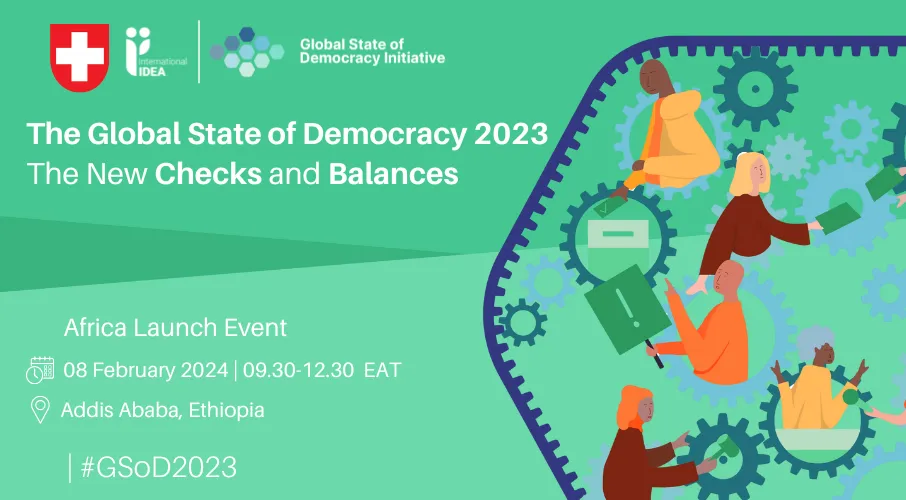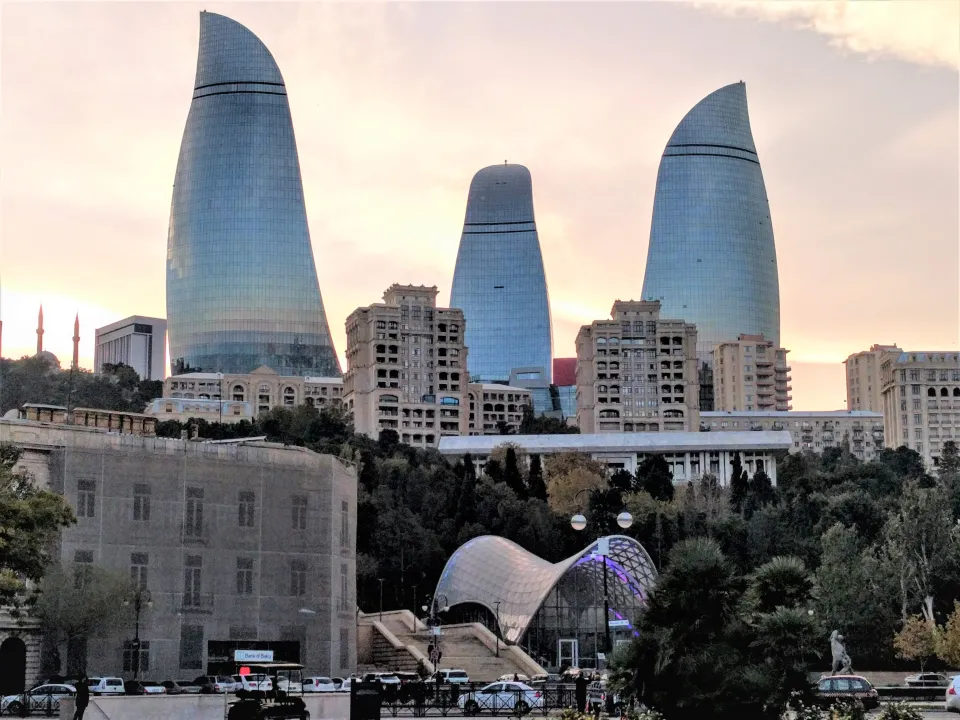Overview: The Global State of Democracy
Today’s political landscape poses complex global challenges to democracies.
The landscape is shaped by globalization, geopolitical power shifts, changing roles and structures of (supra)national organizations and institutions, and the rise in modern communications technologies. Transnational phenomena such as migration and climate change influence the dynamics of conflict and development, citizenship and state sovereignty. Rising inequalities, and the social polarization and exclusion they generate, skew political representation and voice, reducing the vital moderate centre of the electorate.
These dynamics have contributed to a widely contested view that democracy is in decline. Events around the world continue to challenge the notion of democracy’s resilience and make democratic systems appear fragile and threatened. Yet democratic values among citizens, and within institutions at the national and international levels, continue to be expressed and defended.
This Overview of International IDEA’s The Global State of Democracy 2017: Exploring Democracy’s Resilience outlines the key current challenges to democracy and the enabling conditions for its resilience. Based on newly developed Global State of Democracy indices as a key evidence base to inform policy interventions and identify problemsolving approaches, the publication presents global and regional assessments of the state of democracy from 1975—at the beginning of the third wave of democratization—to 2015, complemented by a qualitative analysis of challenges to democracy up to 2017.
Access the digital version of The Global State of Democracy and the Global State of Democracy Indices.
Details
Contents
Download the Overview in English
Foreword
Acknowledgements
Introduction
Chapter 1. The global state of democracy, 1975–2015
Chapter 2. Democracy’s resilience in a changing world
Chapter 3. Threats from within: democracy’s resilience to backsliding
Chapter 4. The changing nature of political parties and
Chapter 5. Money, influence, corruption and capture: can democracy be protected?
Chapter 6. Mind the gap: can democracy counter inequality?
Chapter 7. Migration, social polarization, citizenship and multiculturalism
Chapter 8. Inclusive peacebuilding in conflict-affected states: designing for democracy’s resilience
Selected references
About International IDEA
Give us feedback
Do you have a question or feedback about this publication? Leave us your feedback, and we’ll get back to you
Send feedbackOverview: The Global State of Democracy
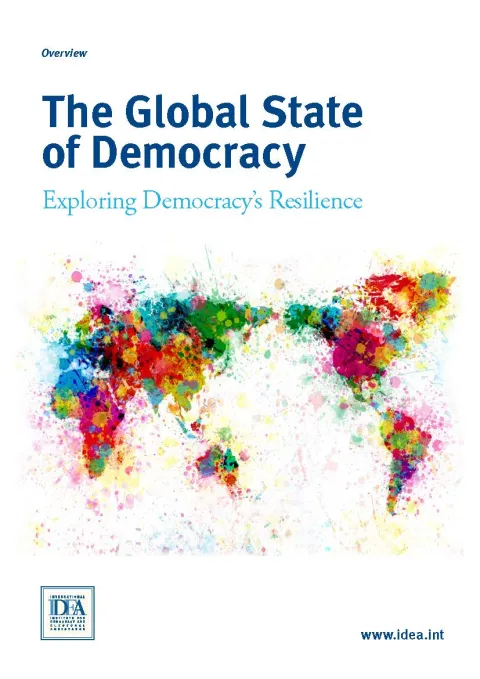
| Total views | 17160 |
|---|---|
| Downloads | 0 |
| Rating |
Give us feedback
Do you have a question or feedback about this publication? Leave us your feedback, and we’ll get back to you
Send feedback